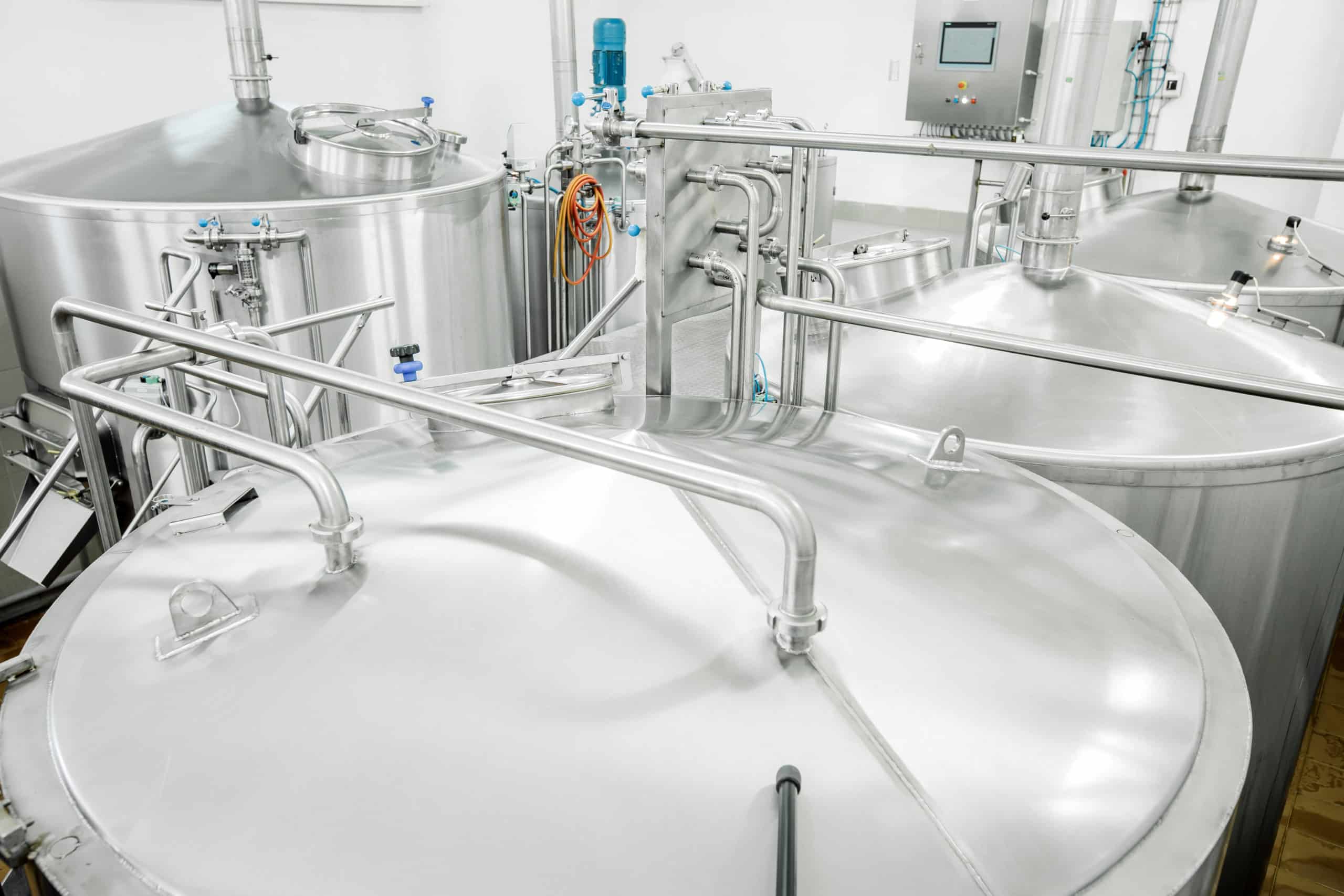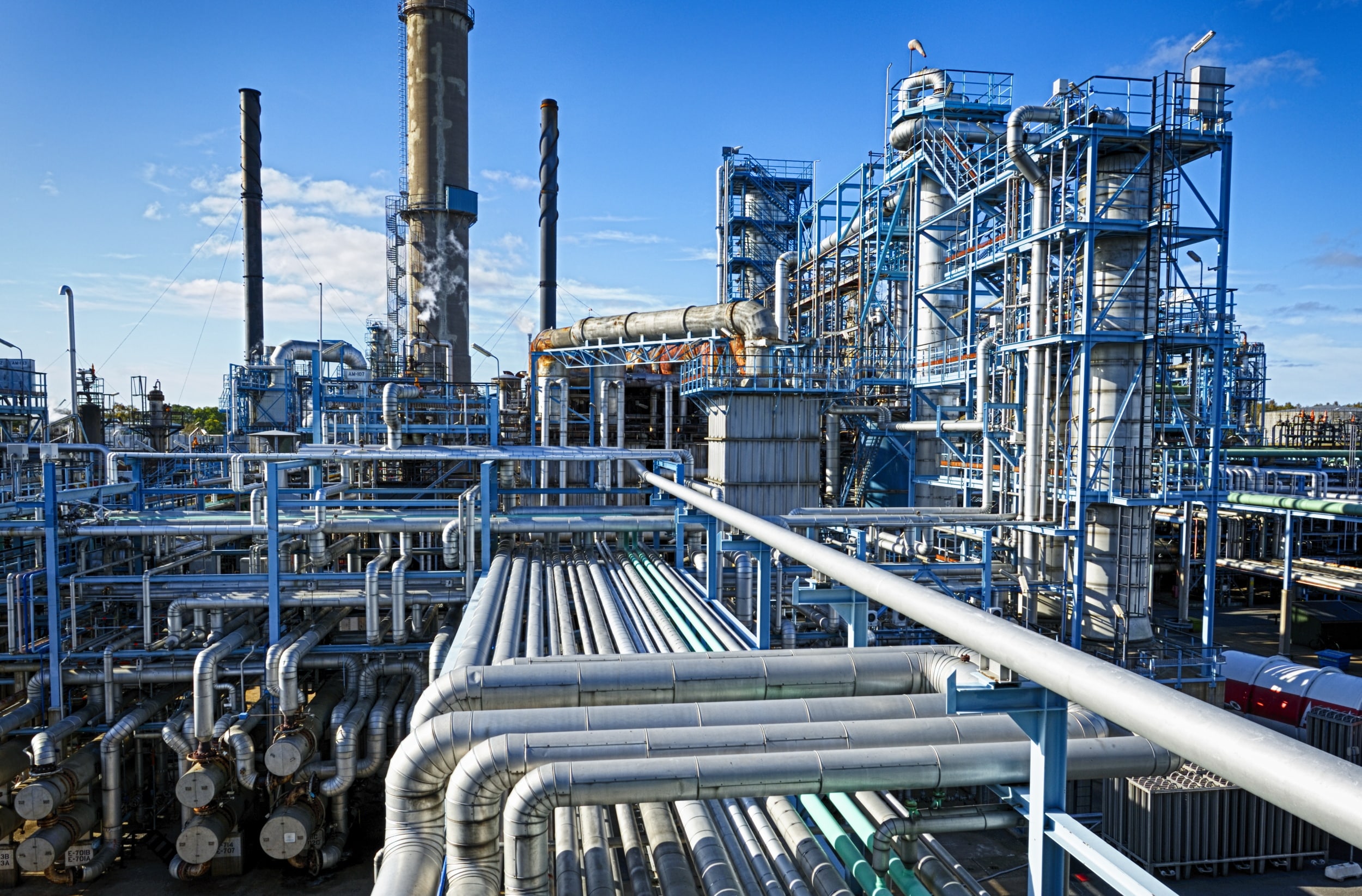
The chemical industry involves the production of chemicals and their derivatives, which are used in a wide range of applications from agriculture to manufacturing.
This industry converts raw materials such as oil, natural gas, air, water, metals, and minerals into thousands of different products.
Some of the key processes in the chemical industry are Chemical Synthesis, Distillation and Catalysis.
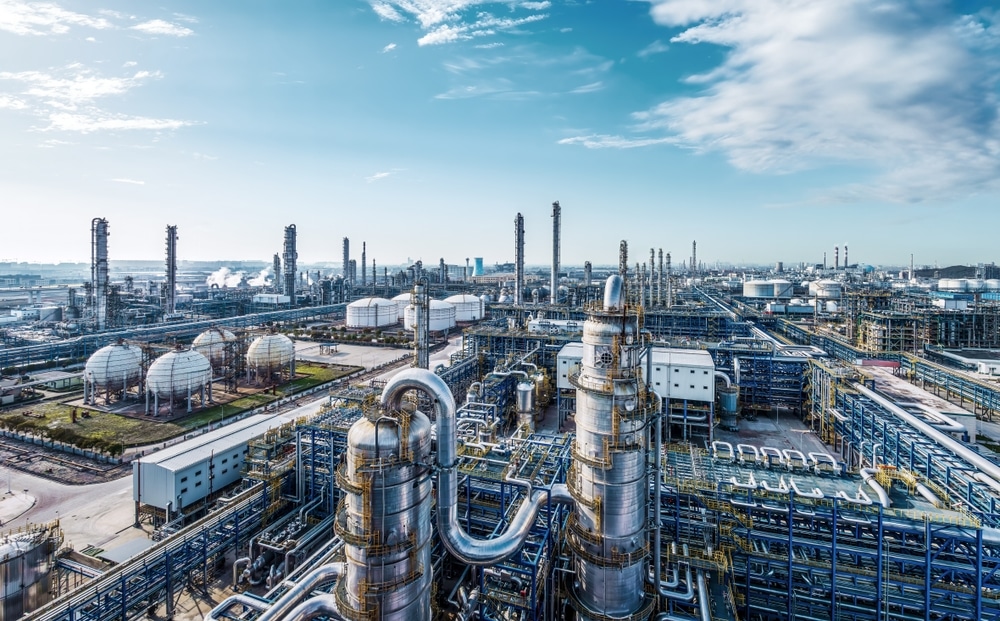
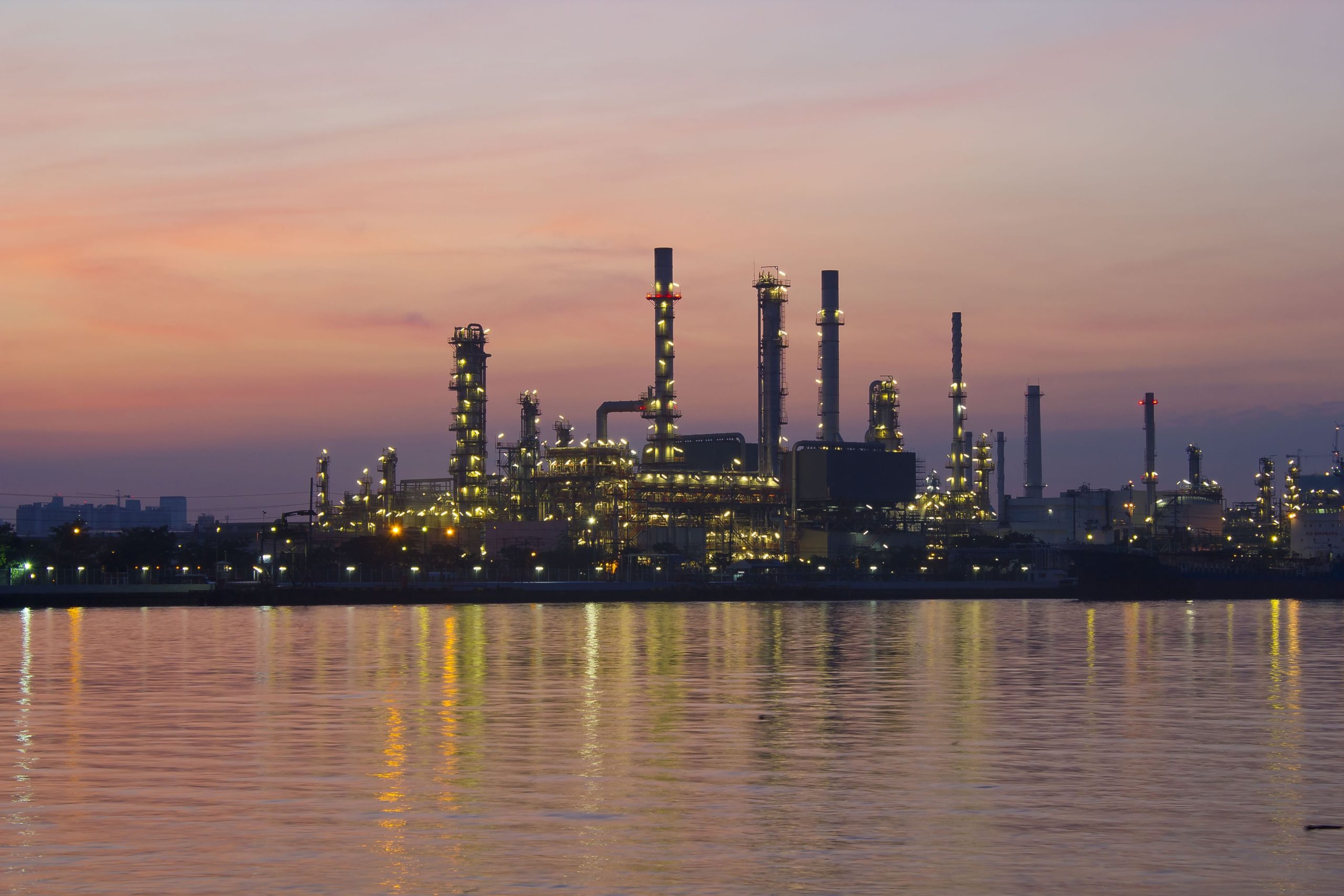
Fertilizers are essential for plants as they provide the necessary nutrients for growth and higher yields.
Besides carbon, hydrogen, and oxygen from the atmosphere and water, plants need 14 essential nutrients, mainly nitrogen (N), phosphates (P), and potassium (K), which fertilizers provide. Fertilizers support sustainable agriculture globally, producing half the food we eat.
Mineral fertilizers are essential for modern agriculture, and they come in three main types: Nitrogen, Phosphatic, and Potash. Each type plays a crucial role in plant growth and soil health.
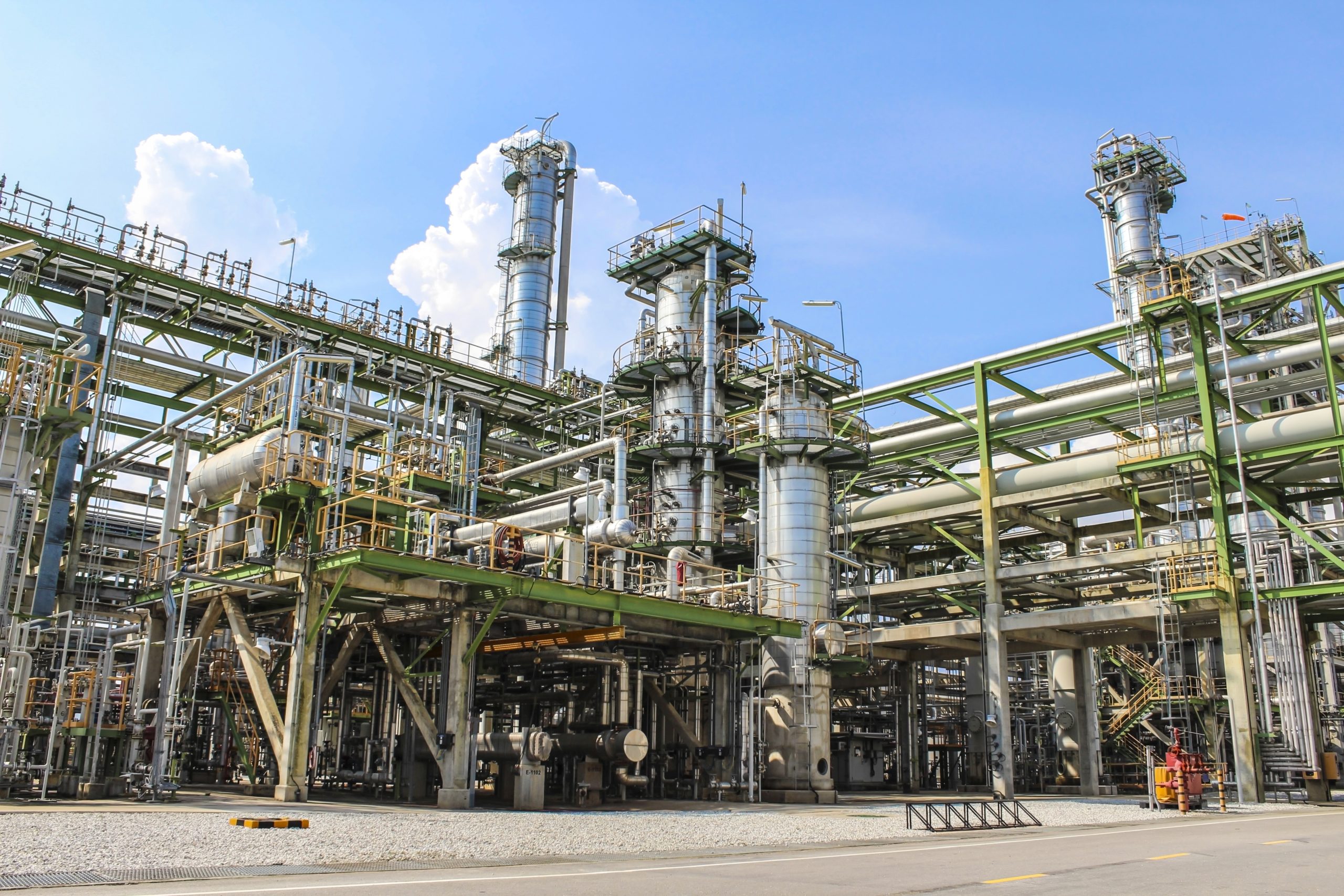

As global awareness of resource use, circularity, and carbon emissions grows, Badotherm supports industries in their efforts to build a more sustainable future. Our advanced pressure measurement systems enable transformative technologies in carbon capture and advanced recycling, overcoming challenges in extreme operational environments to drive impactful change.
Carbon Capture Storage & Utilization (CCS & CCU)
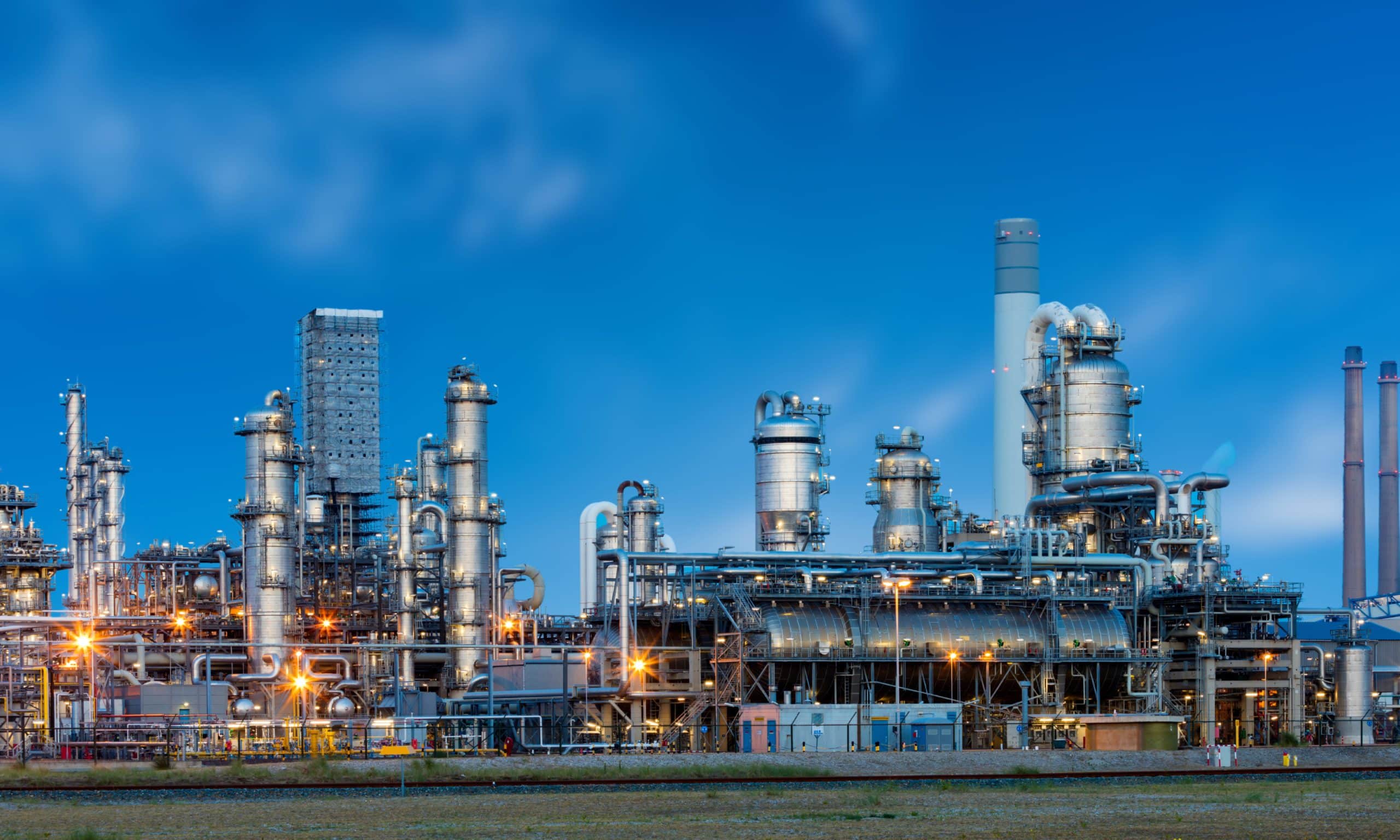
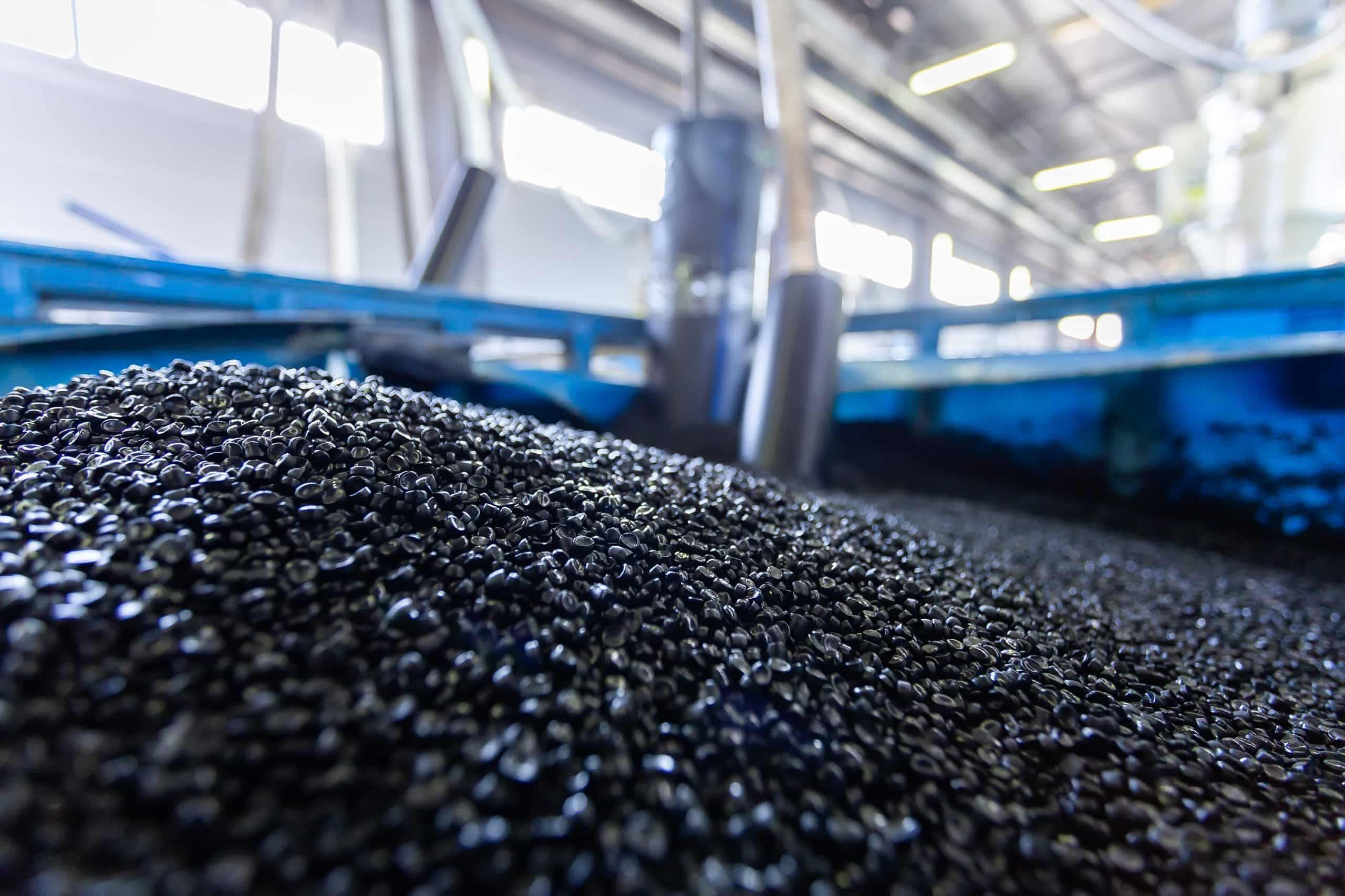
The food and life science industry encompasses sectors such as food & beverage production, pharmaceuticals, and biotechnology, where hygiene, precision, and safety are paramount. Processes like fermentation, sterilization, pasteurization, and clean-in-place (CIP) require tightly controlled environments. Pressure instrumentation plays a vital role in monitoring and maintaining consistent pressure in vessels, pipelines, and reactors to ensure product quality, regulatory compliance, and process efficiency.
